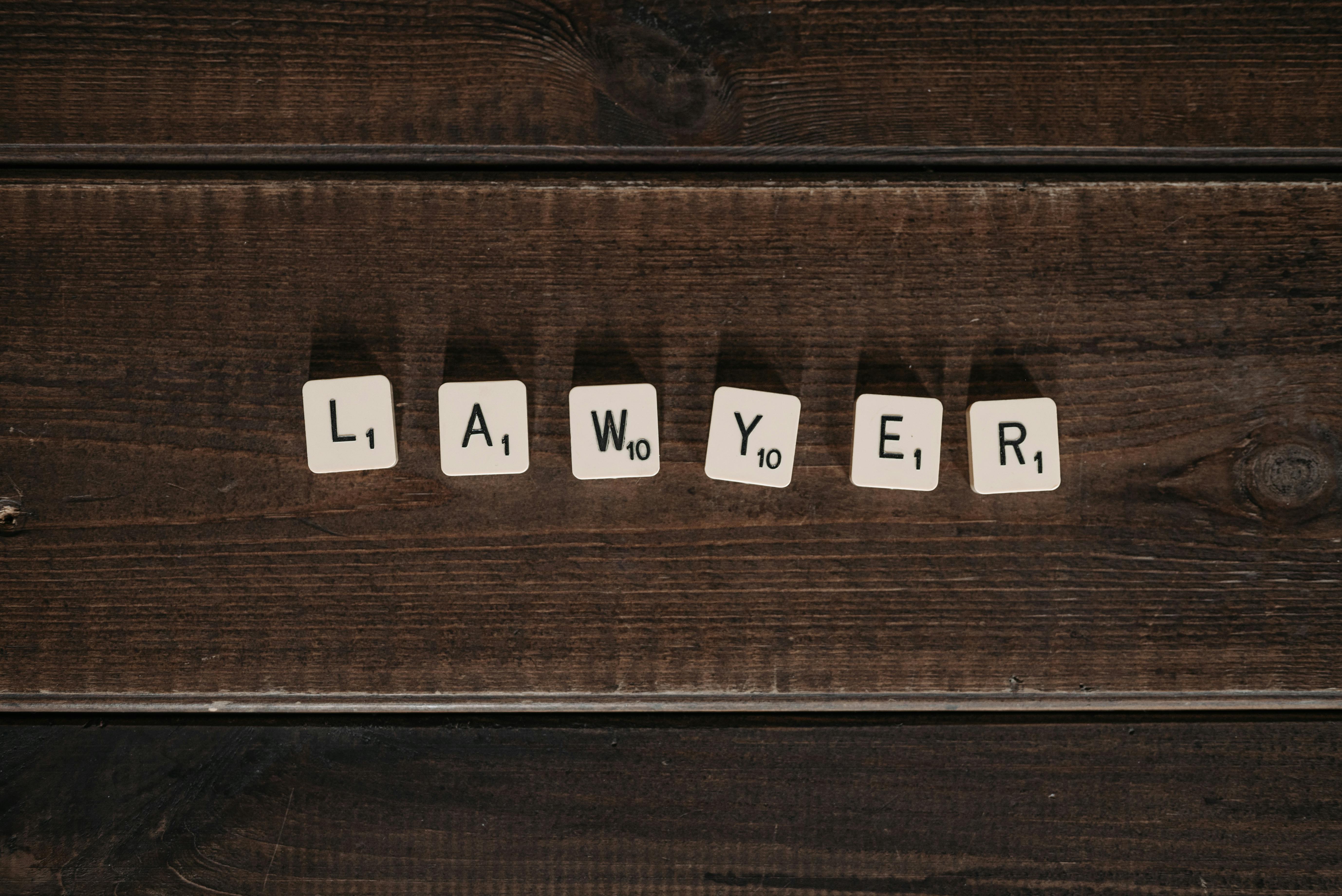Johanna Shallenberger: Lawyer for Special Education Law and Advocacy
Every child deserves equitable access to education—and Johanna Shallenberger, lawyer specializing in special education law, ensures that right is protected. As more families navigate the complex education system, legal advocacy has never been more essential. This article explores Johanna Shallenberger’s expertise and how her work is transforming lives through law and advocacy.

Understanding the Fundamentals
Special education law governs the rights of children with disabilities to receive tailored educational support. It ensures services like Individualized Education Programs (IEPs) and accommodations are provided according to federal mandates such as the IDEA and Section 504. Johanna Shallenberger’s legal practice centers on these protections.
These fundamentals are vital because they level the playing field for students facing cognitive, behavioral, or physical challenges. Think of it as building a custom ramp for a wheelchair—special education law builds that ramp academically and emotionally.
1.1 Individualized Education Programs (IEPs)
An IEP is a legal document outlining a child’s learning needs and the services schools must provide. According to the National Center for Education Statistics, over 7 million students in the U.S. receive IEP services. Johanna Shallenberger helps families navigate IEP creation, ensuring legal compliance and personalized education.
She also addresses frequent IEP issues, such as improper evaluations or vague academic goals. Misconceptions often arise about eligibility or the scope of services; Shallenberger clarifies these points with precision and empathy.
1.2 Free Appropriate Public Education (FAPE)
FAPE guarantees that students with disabilities receive an education tailored to their needs at no cost to families. Unlike general academic plans, FAPE focuses on individual growth metrics. Johanna Shallenberger’s role includes holding schools accountable to these legal standards.
Her advocacy involves negotiating with school districts and ensuring appropriate instructional methods. She brings clarity to what “appropriate” means under the law, often citing precedent and best practices.
Practical Implementation Guide
Understanding special education law is only half the battle—families must know how to use it. Johanna Shallenberger empowers parents with the tools to assert their children’s rights, ensuring schools follow legal and ethical practices in education planning.

2.1 Actionable Steps
- Request an Evaluation: Submit a formal request to assess your child’s educational needs. Include specific concerns and observed struggles.
- Gather Documentation: Secure medical records, school reports, and any prior interventions. Shallenberger advises organizing this into a clear narrative.
- Attend IEP Meetings: Participate actively, take notes, and ask for clarification. A lawyer like Johanna Shallenberger ensures your voice is heard and documented accurately.
2.2 Overcoming Challenges
Common challenges include:
- Delayed evaluations
- Inadequate service recommendations
- Resistance from school staff
- Mislabeling or misdiagnosis
Johanna Shallenberger advises early identification of these issues and swift documentation. If warning signs emerge—such as refusal to schedule IEP meetings—legal consultation is crucial.
She recommends maintaining a communication log and knowing your appeal rights. Her firm often steps in when families face unresponsive districts or repeated IEP violations.
Advanced Applications
When basic advocacy isn’t enough, families may need advanced legal strategies. Johanna Shallenberger, lawyer in special education law, excels in due process hearings, systemic reform efforts, and policy lobbying. These tools elevate the fight for educational justice.

3.1 Due Process Hearings
These formal legal proceedings resolve disputes between parents and schools. Johanna Shallenberger meticulously prepares families by gathering expert witnesses, medical opinions, and data. Outcomes often shape future school compliance and systemic practices.
Case studies show Shallenberger’s success in securing compensatory education, revised placements, and district-wide training. Metrics like student progress reports and follow-up assessments help evaluate post-hearing success.
3.2 Policy and Reform Advocacy
Beyond individual cases, Shallenberger engages in state-level advocacy. She supports inclusive legislation and participates in task forces that influence educational law. Her work ensures that systemic changes reflect the real-world needs of students and families.
Integration with community organizations and educational consultants enhances policy outcomes. Compatibility with district budgets and state regulations is always considered in her strategic approach.
Future Outlook
The landscape of special education law is evolving. Artificial intelligence in assessments, virtual learning environments, and neurodiverse inclusion initiatives are reshaping the field. Johanna Shallenberger’s role will expand as legal frameworks adapt to these innovations.
Over the next 3–5 years, expect more personalized education models and heightened legal oversight. Families should stay informed, document progress rigorously, and engage legal experts early when challenges arise.
Conclusion
Three key takeaways stand out:
- Every child with a disability has enforceable legal rights.
- Johanna Shallenberger provides expert navigation through complex education systems.
- Active legal advocacy improves outcomes both short- and long-term.
Understanding the law isn’t just helpful—it’s transformative.
Ready to ensure your child receives the education they deserve? Don’t wait until problems escalate. Consulting a professional like Johanna Shallenberger could be the most impactful step you take. Start organizing your documents today and seek guidance tailored to your situation.
Frequently Asked Questions
- Q: What is special education law? It’s a legal field focused on protecting the rights of students with disabilities in schools, ensuring fair and personalized access to learning.
- Q: How do I begin advocating for my child? Start by requesting an official evaluation from your school district and gather all supporting documentation. Legal support can streamline this process.
- Q: How long does it take to resolve education disputes? Timelines vary—informal resolutions may take weeks, while due process hearings can extend several months.
- Q: How much does a special education lawyer cost? Fees range widely depending on case complexity. Some offer pro bono services or work on a sliding scale.
- Q: How does special education law compare to general education policy? It offers individualized, legally mandated services not covered under general education plans.
- Q: Is navigating the IEP process difficult? It can be overwhelming without guidance. Lawyers like Johanna Shallenberger simplify the process with legal expertise and advocacy skills.
- Q: Can this apply to private schools? Yes, though the legal framework differs. Some private institutions receive federal funding and must comply with specific mandates.
